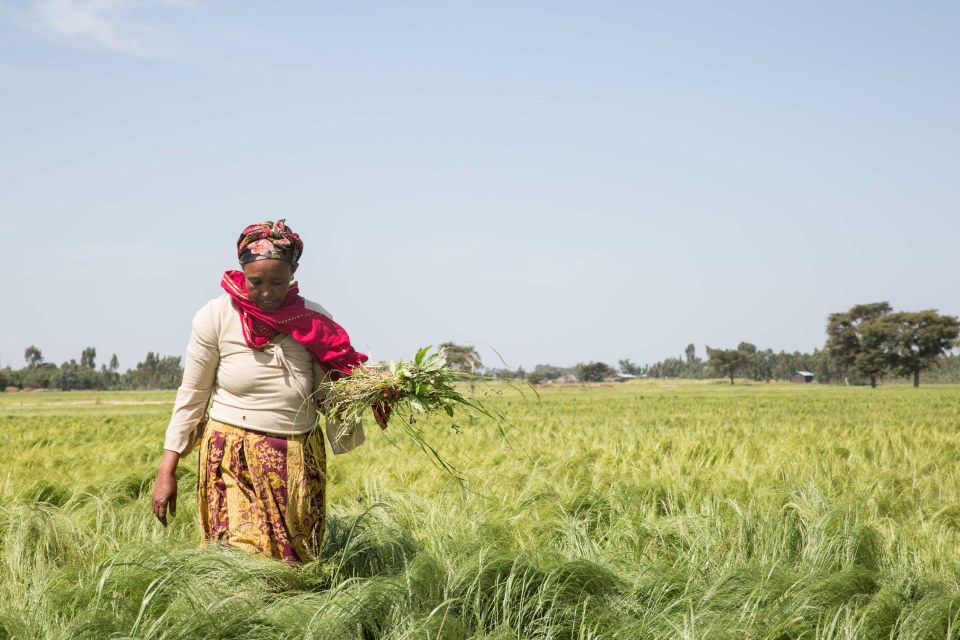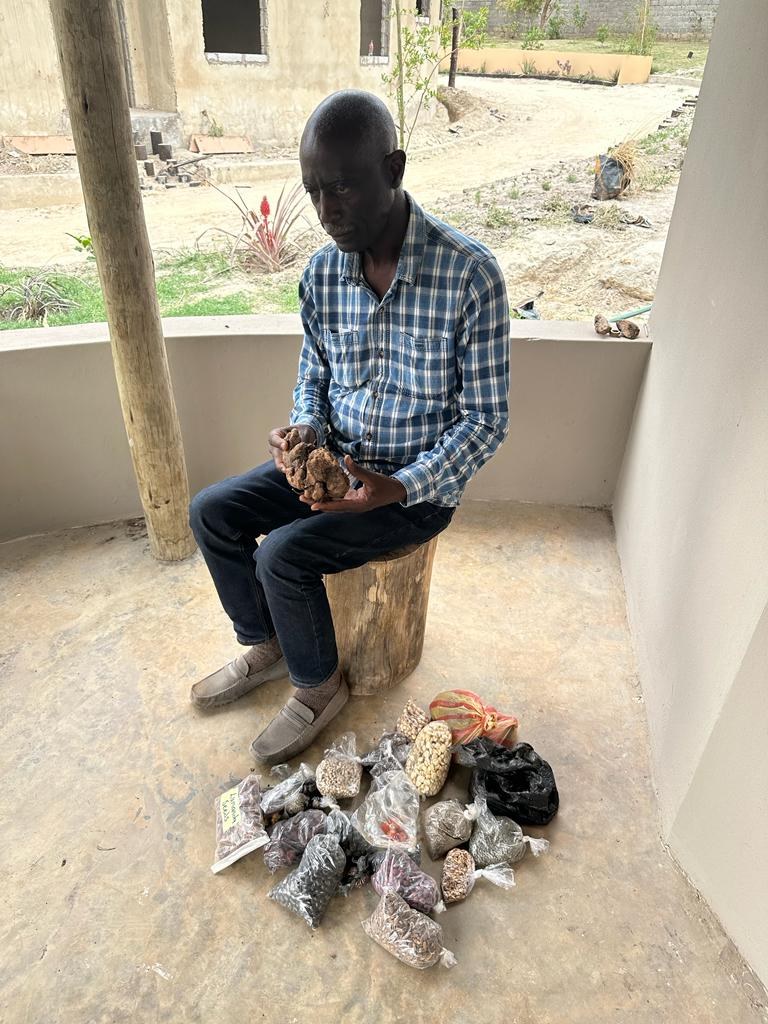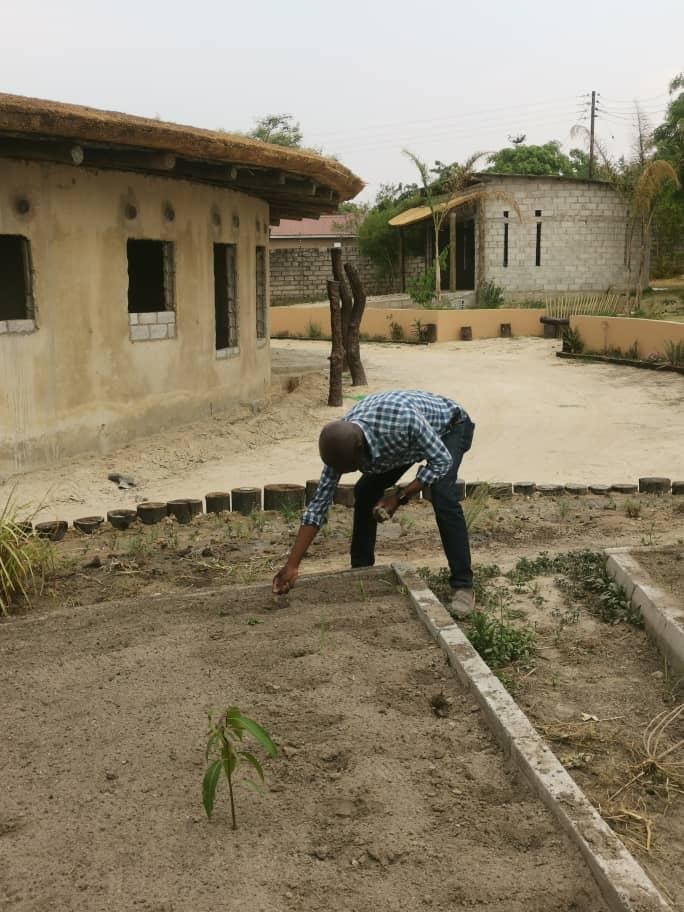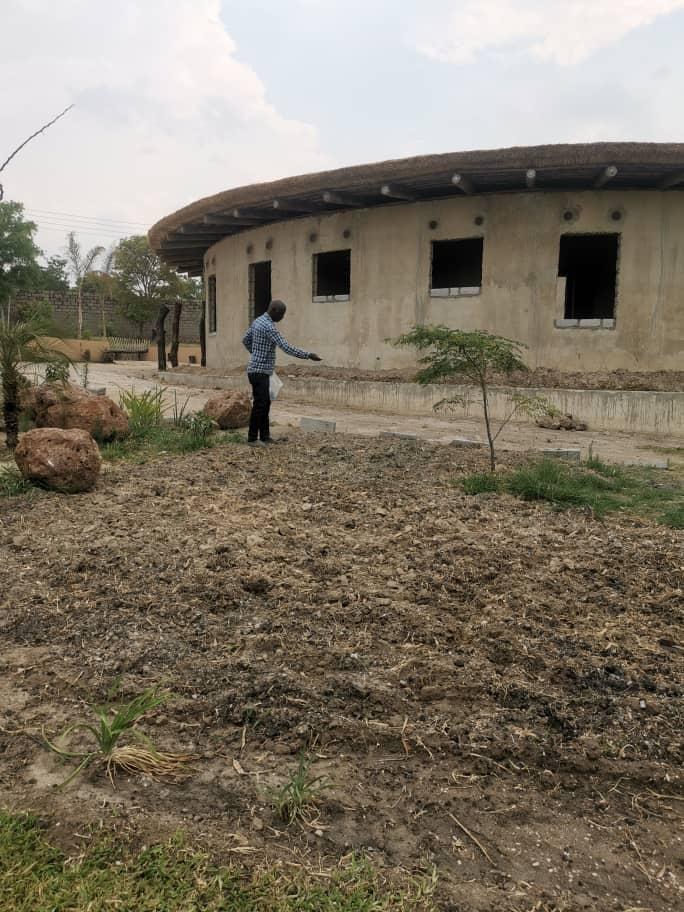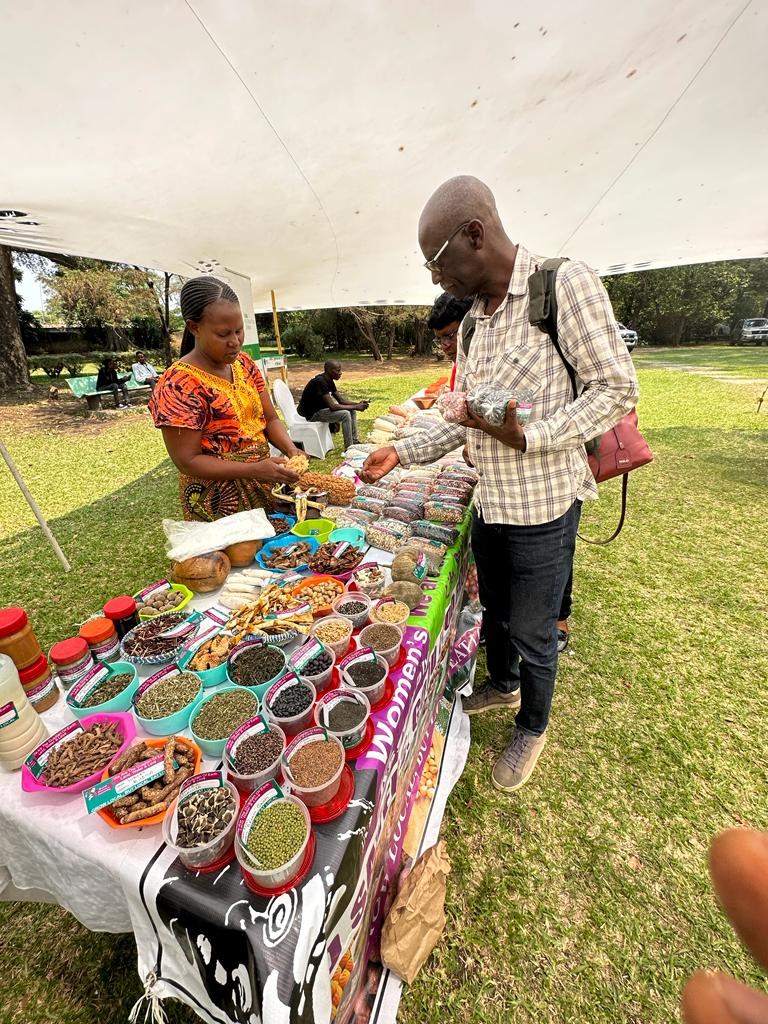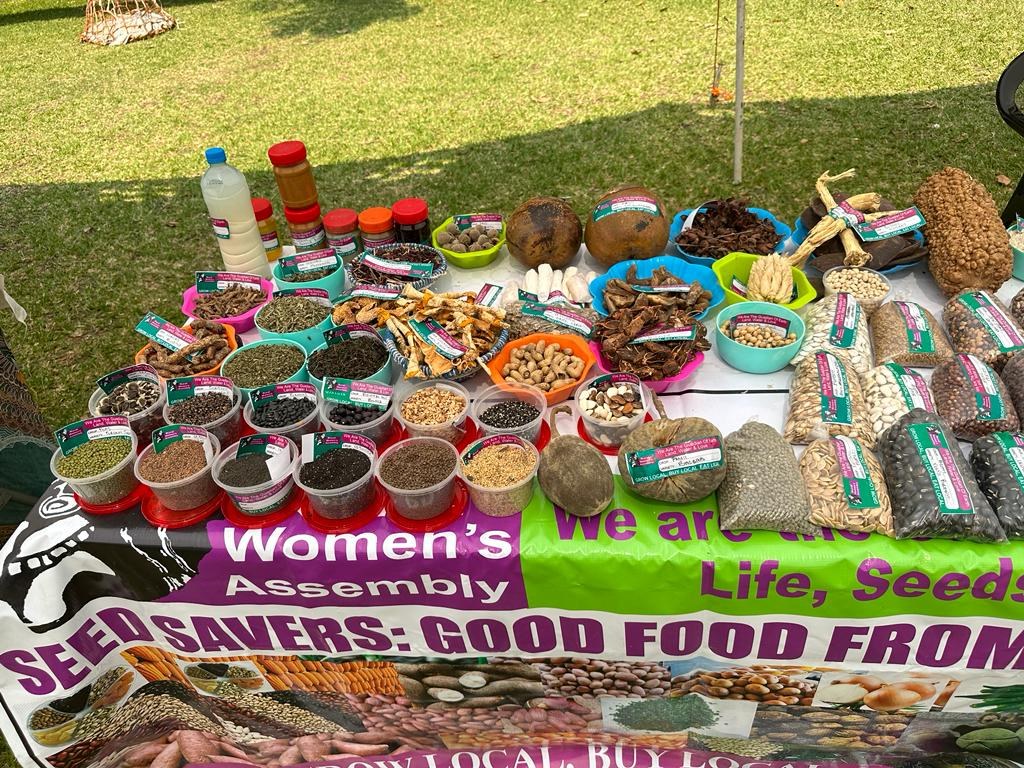Series of Stories:
Testimonials from Champions of
Traditional African Crops
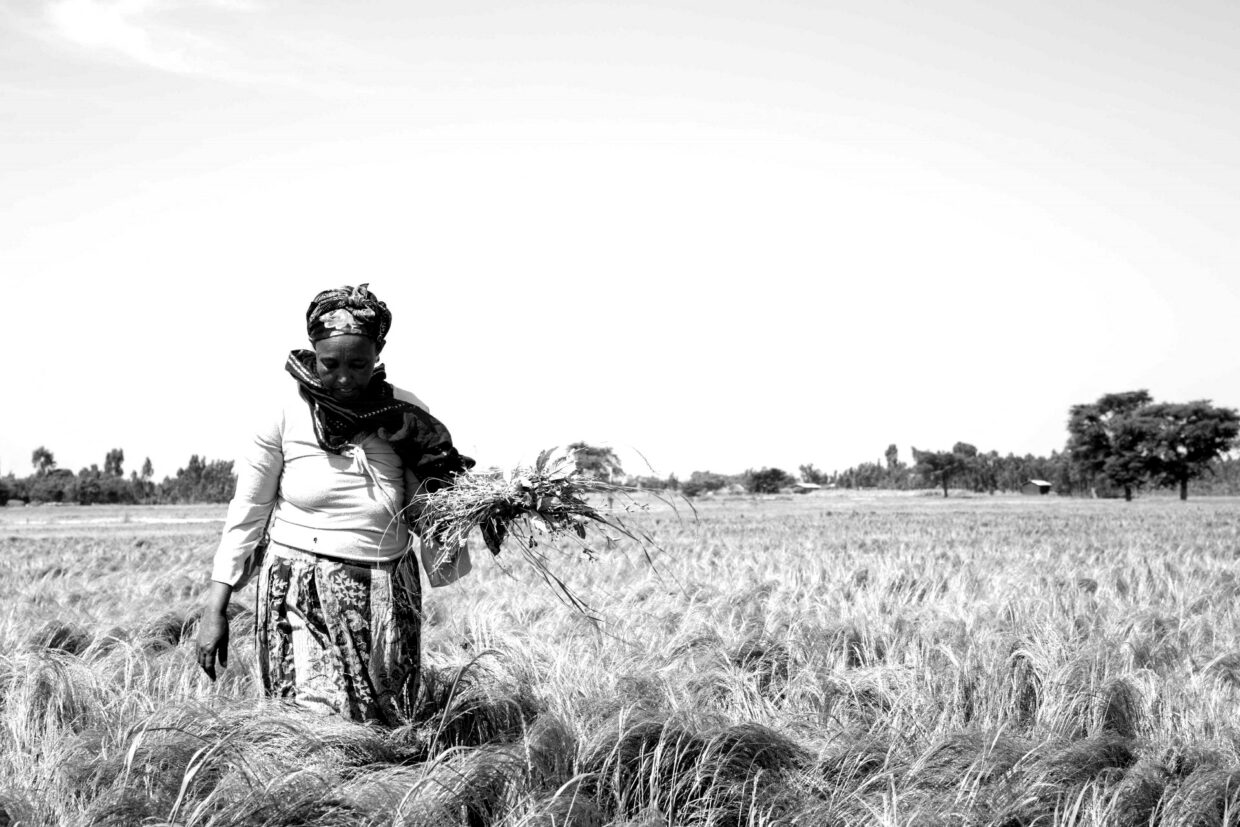
"Today's shrubs are
tomorrow's forest."
— Francis Mwanza, Heritage Homestead in Zambia

Francis Mwanza is a retired international civil servant. After carrying out research into heritage crops for more than 40 years in research, he decided to put his expertise and passion in traditional foods to practical use.
Ten years ago, Francis started buying land to grow his heritage homestead. He now owns three plots of land in urban, peri-urban and rural areas that he uses to grow trees, fruits and vegetables that are indigenous to his native Zambia.
As Francis explains, “I want my heritage homestead to reconnect with the indigenous plants and trees from the past. I ask myself if my great grandmother were to visit, would she recognize what I have
planted? We need to reconnect with these crops.” It is his goal to pass the knowledge of indigenous crops to the next generation and teach children about their value.
According to Francis, it is misleading to assume that the indigenous crops in Zambia have been forgotten. While this may be the case in urban centres, indigenous crops have continued to thrive in rural areas. Francis explains that there exist two food systems in Zambia: the national system, which focuses on Western seeds and crops that are only sold in cities; and a local system, in rural areas, where indigenous crops have continued to flourish.
However, this does not mean that these crops have not been neglected. Since the introduction of the Plant Variety and Seeds Act in 1967, selling local seeds has been prohibited. Rather, all seeds produced, sold, and imported for sowing must be
tested and certified by the government. This has rendered indigenous seeds that are informally produced and sold by farmers illegal.
As Francis highlights, “Local seeds have been neglected by the law. School gardens cannot grow indigenous vegetables because the seeds are not available for sale. Indigenous crops have not benefited from extension services or been promoted by donors. So, in this sense, yes, they are neglected.”
“Local seeds have been neglected by the law. School gardens cannot grow indigenous vegetables because the seeds are not available for sale. Indigenous crops have not benefited from extension services or been promoted by donors. So, in this sense, yes, they are neglected.”
The Heritage Homestead

In his heritage homestead, Francis plants and grows indigenous fruits and vegetables for food and medicine. This includes sorghum, millets, blackjack, Livingstone potato, Bambara groundnuts, Cleome gynandra (spider plant), African eggplant, cowpeas, roselle (hibiscus), tamarind, snot apple and black plum. “I am attempting to get as many indigenous crops as I can. For example, there are dozens of varieties of amaranth, and I am reaching out to seed banks, so that I can plant them,” he notes.
According to Francis, the health benefits of indigenous crops are numerous. “They have more vitamins than the exotic varieties and many of these crops are drought resistant. So, why not grow them?”
he asks.
Francis is also growing trees, such as baobab, which is known for its medicinal properties. As he explains, “While the trees have fruits that can be eaten, their roots and barks can be used for when feeling unwell.”
The focus of the heritage homestead, however, is the future. Francis plans to set up a child-friendly kitchen and bring school children to learn about the crops and ways to cook them. Women foresters with extensive knowledge about traditional crops will be hired to teach lessons, so that their knowledge is not lost. According to Francis, “We are bound to lose this knowledge – unless we can translate it into practical uses. Knowledge cannot only be kept on the shelves.”
Opportunities… and
Challenges

Francis is keen for food systems to become more local. “One positive change from Covid has been the fact that people started looking in their backyards for food and medicine,” he remarks. “We need to give local farmers a market where they can sell their produce.”
Food festivals with traditional foods are another example of positive change. However, as Francis notes, this is not sufficient to sustain a local economy.
For this reason, Francis focuses on school children. He calls on the government to require that a certain percentage of foreign foods include local produce. And he has ideas to combine current eating practices
with indigenous crops. “We need to repackage indigenous foods. How about including local vegetables in a burger or using cassava to make chips rather than Irish potatoes?”
Francis does not favour the widespread commercialization of indigenous crops. “The rush to commercialization is a danger. Folks become interested in money and take shortcuts by, for example, using fertilizers and pesticides which are not needed. In the long term this is not a sustainable solution,” he notes.
Create and share interactive reports, presentations, personal stories, and more.



